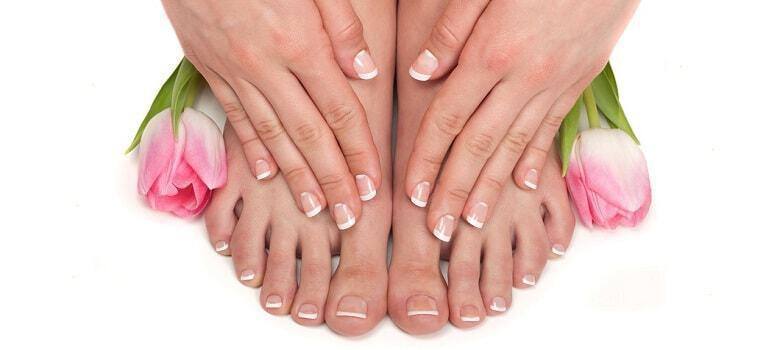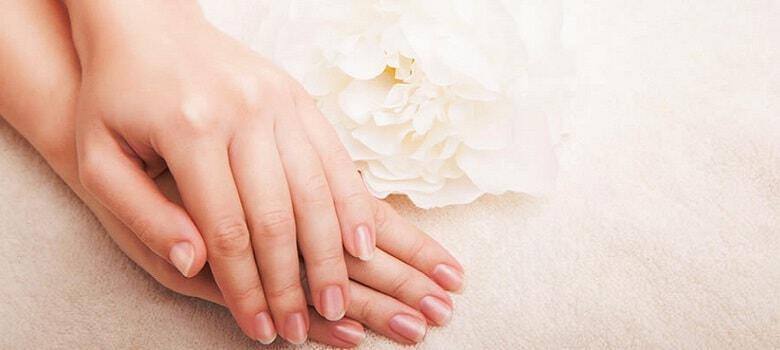Homemade essential oils – 10 Best
Essential oils are known as the oil of the plant and are used in perfumes, soaps, cosmetics and other cleaning products. Essential oils extracted by distillation and by using steam. Below we show the method of distillation and steam, how we can make homemade essential oil, the most common homemade essential oils and the benefits that they have.
Benefits of 10 most common homemade essential oils
1. Eucalyptus oil – is used as fragrance component to impart a fresh and clean aroma in soaps, lotion and perfumes. Also is known for intoxicating scent.
2. Rose oil – is produced from the petals of rose with steam – distillation method
3. Lavender essential oil – the most common and easily to find it. Is used in the production of perfume and also as an insect repellent.
4. Lemon oil – has anti-fungal properties
5. Orange essential oil – has anti-depressed , antiseptic and aphrodisiac benefits
6. Peppermint oil – gives a cooling sensation and has a calming effect on the body. Also has antimicrobial properties and help to have fresh breath.
7. Cinnamon essential oil- is used for the treatment of skin infections, arthritis, flu and digestive problems
8. Chamomile oil – is an antispasmodic, analgesic, tonic and anti infectious oil
9. Bergamot essential oil – has a very nice smell and is used for anti stress, antibiotic, relaxant and deodorant
10. Penny royal essential oil- has so much benefits. Some of them are for anti hysteric, anti microbial, anti bacterial, anti arthritic and for stomatic substance.
Methods to make homemade essential oils
1. Distillation method – is a process of separating the component substances from a liquid mixture. There are three types of distillation :
a. Water distillation – this method protects the oils to extracted to a certain degree since the surrounding water acts as a barrier to prevent it from overheating. When the condensed material cools down, the water and essential oil is separated and the oil decanted to be used as essential oil.
b. Steam distillation – is a method that the hot steam helps to release the aromatic molecules from the plant material. The steam which contains the essential oil, is passed through a cooling system to condense the steam, which forms a liquid from which the essential oil and water is then separated.
c. Water and steam distillation – this process has benefits for normal water distillation and steam distillation. The material is immersed in water in a still, which has a heat source.
2. Extraction of essential oils : There are many methods that are used in the extraction of essential oils. The method used in normally dependent on what type of material is being used.
Instructions to make a homemade essential oil
Choose anyone herbal plant you want and then do the harvest at the right moment. Then drain your plant and try not located directly at the sun but in the shade. Be careful and try not dried the plant. Then add water to the tank of the distillery. Close the distillery and boil the water at 100 degrees of Celsius. After a while the distillate should begin to come through the condenser. Finally, pour the oil into a dark glass bottle or container and stored in a cool and dark place in order to lasting for longer.
It may looks difficult but it maybe worth it! Good luck!




